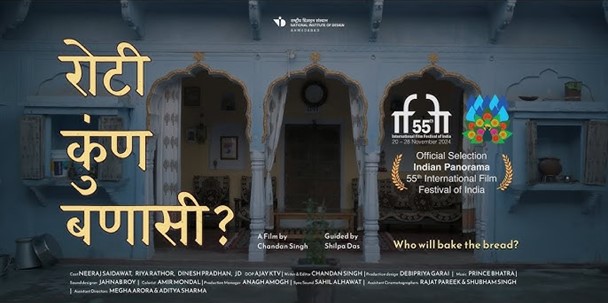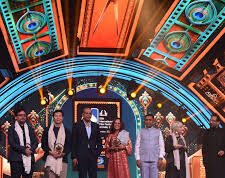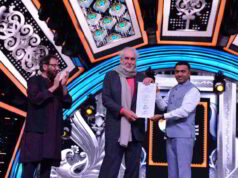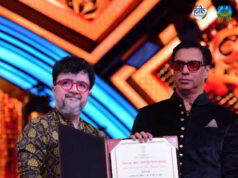’Roti Koon Banasi?’ highlights the struggle between tradition and gender equality in Indian Families
‘Bramayugam’ offers a supernatural lens to examine the human psyche and societal hierarchies.
‘Bramayugam’ blends folk horror and mythology in a chilling tale of survival, betrayal, and supernatural forces
#IFFIWood, 22 November 2024
The 55th International Film Festival of India (IFFI) has become a platform for showcasing diverse stories rooted in regional culture and mythology. Two standout films — ‘Roti Koon Banasi?’ a Rajasthani family drama directed by Chandan Singh, and ‘Bramayugam,’ a Malayalam folk horror directed by Rahul Sadasivan have captivated audiences with their distinct narratives exploring the intersections of tradition, identity, and societal expectations.
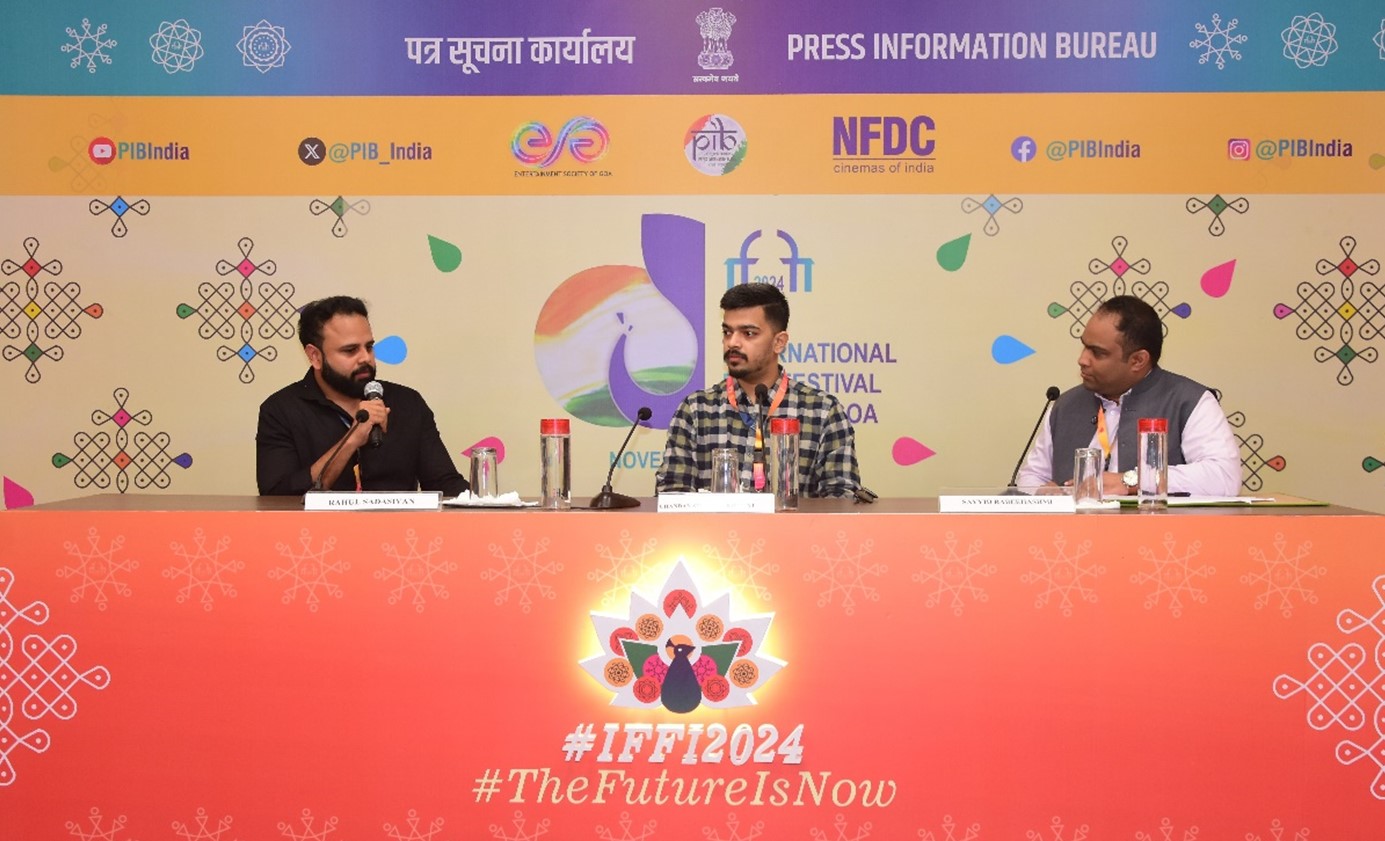
‘Roti Koon Banasi?’ delves into the generational impact of patriarchy. It is a poignant Rajasthani-language drama. The film tells the story of a young man caught between his father’s traditional expectations and his desire to support his wife. Through this nuanced portrayal, Singh sheds light on how patriarchal beliefs shape family dynamics, particularly the unequal burden borne by women.
“Patriarchy is about the father-son relationship, and in the end, women are the victims,” Singh shared during a press conference. Drawing from his own experiences in Rajasthan, Singh sought to reflect the realities of limited opportunities for women in traditional households, presenting a call for change.
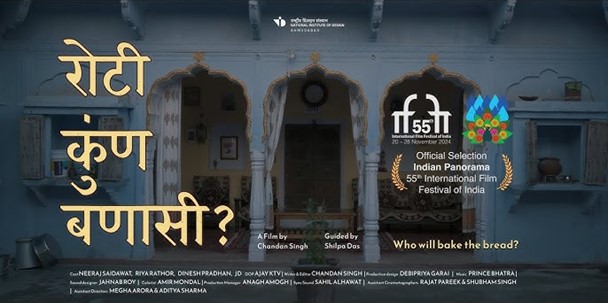
Shot in Rajasthani, the film serves as a tribute to regional language and culture. Singh emphasized, “Cinema is a powerful tool to preserve regional languages. By making Roti Koon Banasi? in Rajasthani, I wanted to showcase our language and culture to a broader audience.”
Another film in spotlight ‘Bramayugam,’ transports viewers to 17th-century Malabar, blending folk horror and mythology in a chilling tale of survival, betrayal, and supernatural forces.
The film follows Thevan, a man fleeing Portuguese slave traders, who becomes entangled in the sinister secrets of an abandoned manor. At its heart lies the haunting figure of the Chathan—a demon gifted to the house’s ancestors by the goddess Varahi. Over generations, the demon has wreaked havoc, culminating in a power struggle that consumes everyone involved.
Bramayugam is not just a horror film but a layered narrative about the corruption of power, human frailty, and the cyclical nature of oppression. The story’s gothic atmosphere and intricate plotting make it a standout entry in Malayalam cinema. The film’s themes resonate with audiences, exploring how the lure of power often leads to devastating consequences, irrespective of time or place.
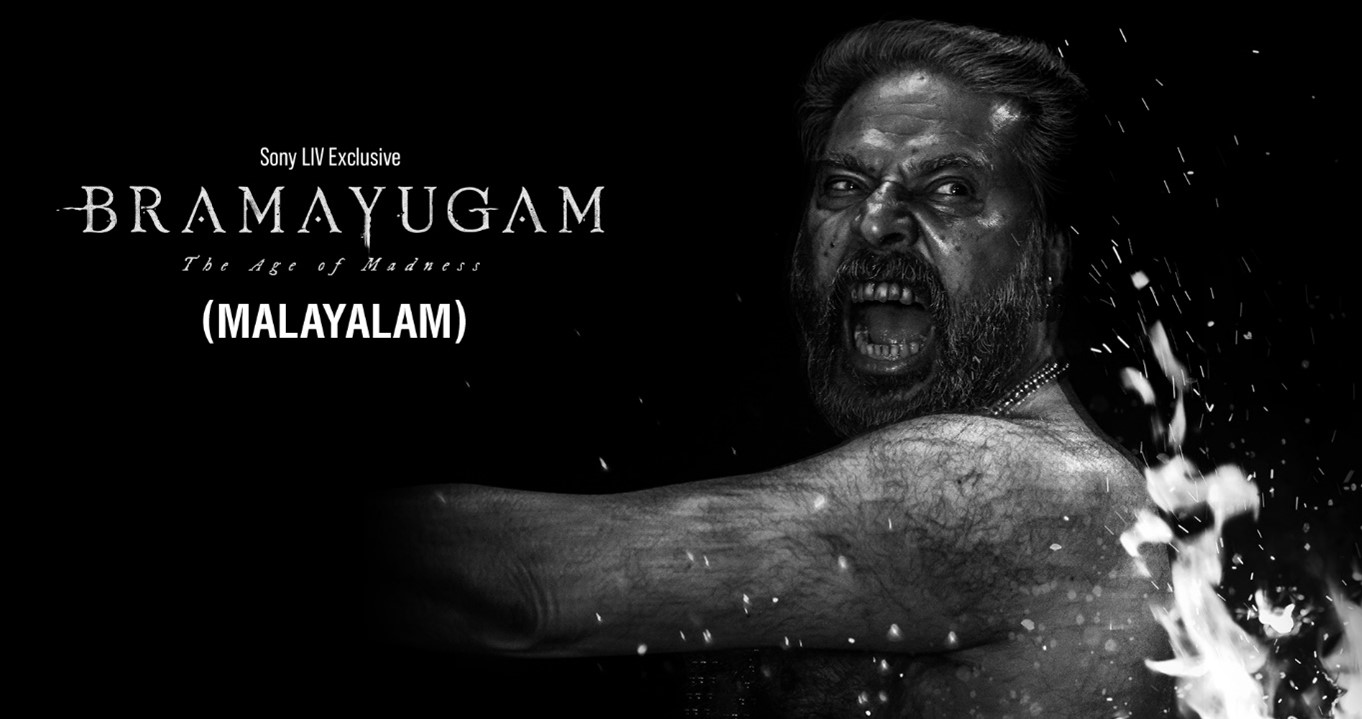
Both ‘Roti Koon Banasi?’ and ‘Bramayugam’ highlight the transformative power of regional cinema. While Roti Koon Banasi? draws attention to the pressing issue of gender equality within patriarchal structures, Bramayugam offers a supernatural lens to examine the human psyche and societal hierarchies.
Chandan Singh noted the importance of platforms like IFFI in amplifying regional voices. “Festivals like IFFI give films like mine a chance to reach a wider audience. They help bring attention to stories from our regions that might not otherwise be heard.” Similarly, Bramayugam demonstrates the universal appeal of folklore, proving that regional stories can captivate global audiences.
Both films, though vastly different in genre and style, share a commitment to sparking meaningful conversations. Together, these films exemplify the evolving landscape of Indian cinema, where regional stories are gaining recognition for their depth, artistry, and cultural significance.
Link for Press conference:












